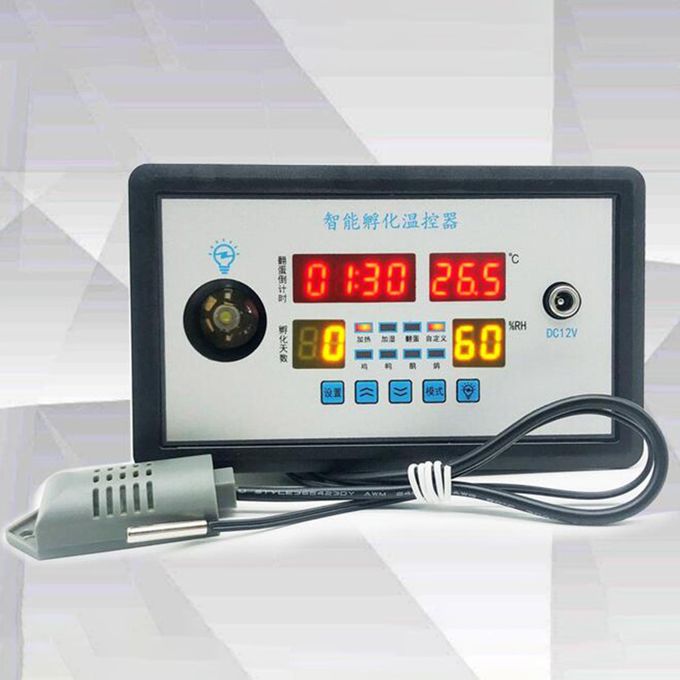
Temperature control is very important in egg incubators. It ensures that the eggs develop properly and hatch successfully. Here are the key points about temperature control in egg incubators:
The ideal temperature for most incubating eggs is around 99.5°F (37.5°C). Keeping this temperature steady is crucial for embryo development.
A thermostat is a device that helps maintain the correct temperature. It turns the heater on and off to keep the temperature within the desired range.
A digital thermometer provides a precise reading of the temperature inside the incubator. Some incubators have a built-in digital thermometer, while others may require an external one.
The heat source in an incubator can be electric or manual. Electric heat sources are more common and can include heating elements or heat lamps.
Ventilation is also important to control the temperature and provide fresh air to the developing embryos. Proper airflow helps to keep the temperature even throughout the incubator.
Small temperature fluctuations are normal, but large or prolonged changes can harm the embryos. It’s important to monitor the incubator regularly and adjust as needed.
Humidity works together with temperature to ensure successful hatching. Most incubators have a way to control humidity, which is also important for embryo development.
By maintaining proper temperature control, you can increase the chances of a successful hatch and healthy chicks
Comments (No Responses )
No comments yet.